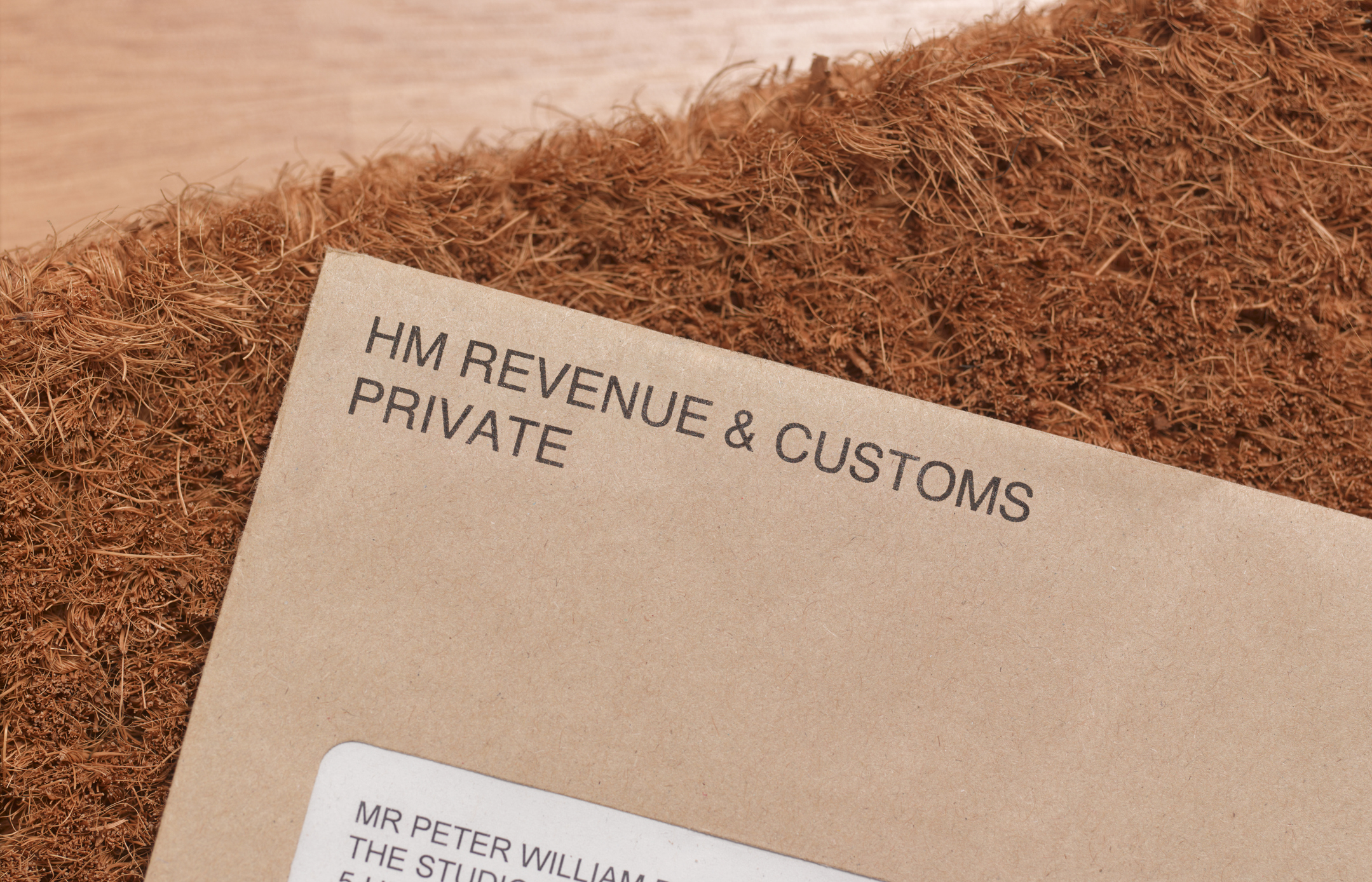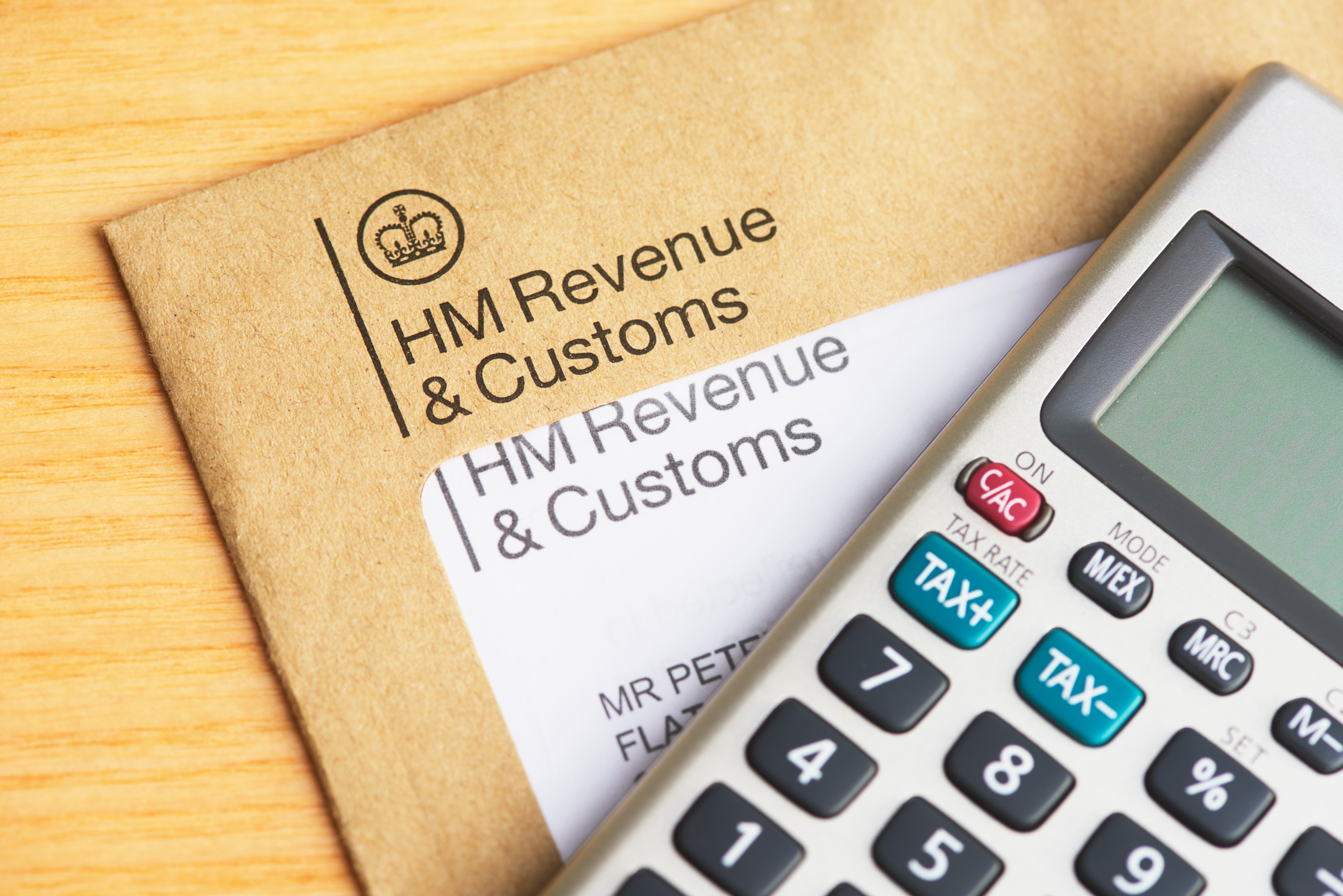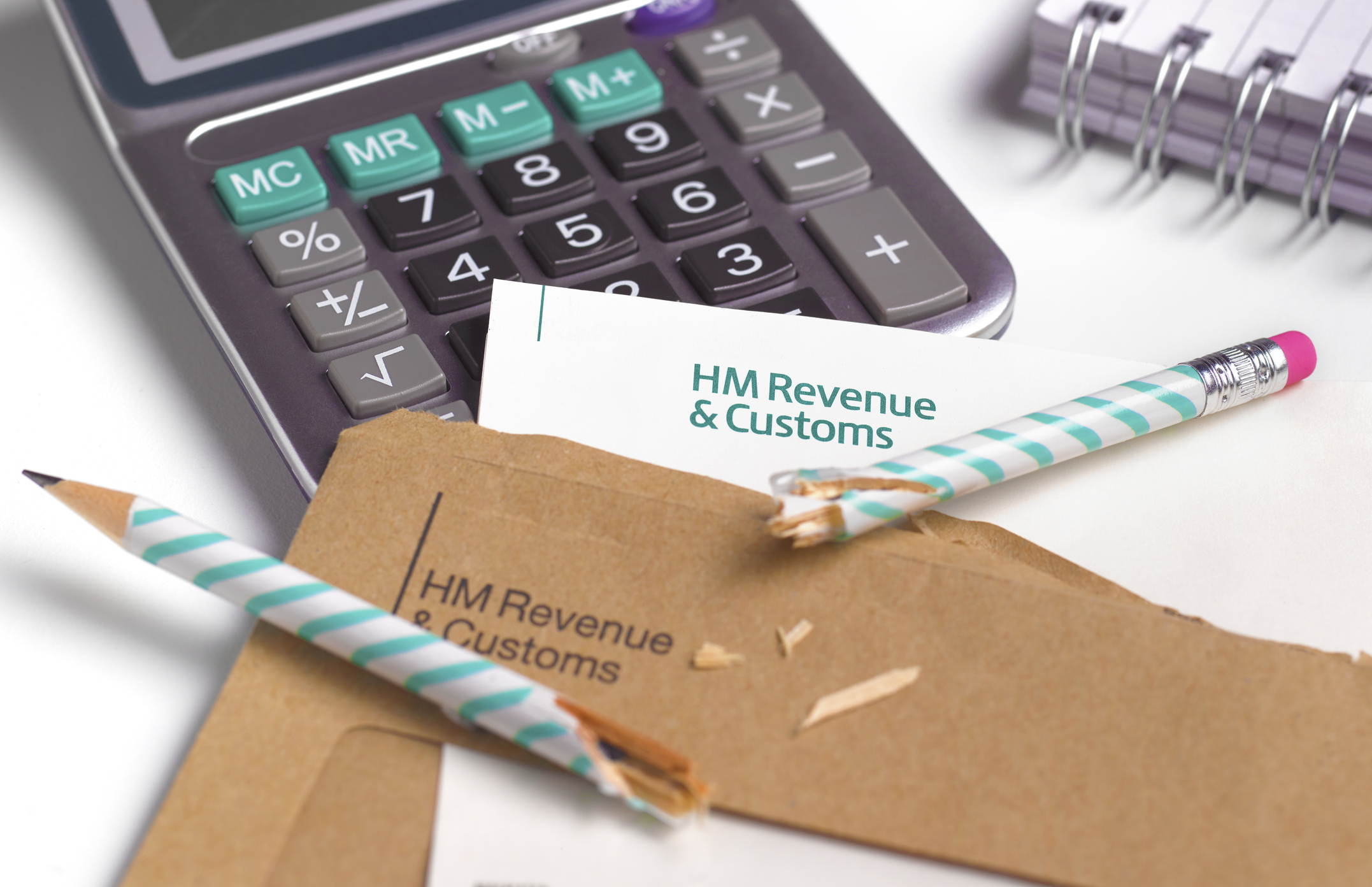Inheritance tax investigations catch out 1200 more families in HMRC crackdown
Where there is a suspicion inheritance tax has been underpaid, HMRC has extensive powers to check the deceased individual’s financial affairs and chase what is owed. Will you pay more?


Get the latest financial news, insights and expert analysis from our award-winning MoneyWeek team, to help you understand what really matters when it comes to your finances.
You are now subscribed
Your newsletter sign-up was successful
Want to add more newsletters?

Twice daily
MoneyWeek
Get the latest financial news, insights and expert analysis from our award-winning MoneyWeek team, to help you understand what really matters when it comes to your finances.

Four times a week
Look After My Bills
Sign up to our free money-saving newsletter, filled with the latest news and expert advice to help you find the best tips and deals for managing your bills. Start saving today!
HMRC has opened more than a thousand extra investigations into families where it believes people have not paid the right amount of inheritance tax, according to new figures.
The number of official probes into families’ financial affairs has jumped in the 2024/25 tax year to 3,961. This is up from just 2,807 in the previous year – a 41% increase.
HMRC can open an inheritance tax investigation into an estate if it finds or suspects irregularities in the reporting of its assets, through error or omission.
MoneyWeek
Subscribe to MoneyWeek today and get your first six magazine issues absolutely FREE

Sign up to Money Morning
Don't miss the latest investment and personal finances news, market analysis, plus money-saving tips with our free twice-daily newsletter
Don't miss the latest investment and personal finances news, market analysis, plus money-saving tips with our free twice-daily newsletter
This can include where it thinks assets have been undervalued for inheritance tax purposes, or where a large gift has been made before the death to try to avoid inheritance tax.
Where inheritance tax is due on an estate – which can be up to 40% – it usually must be paid within six months of the death. However HMRC may check on estate valuations as much as 20 years after payment of the IHT.
Sean McCann, chartered financial planner at NFU Mutual, which obtained the data through a Freedom of Information request, said: “Where there is a suspicion inheritance tax has been underpaid, HMRC has substantial investigatory powers and will check a range of sources to build a picture of the deceased individual’s financial affairs.”
We look at common IHT myths and ways to reduce your inheritance bill in separate articles.
What happens if you underpay inheritance tax?
If HMRC thinks you have underpaid inheritance tax its investigations can include analysing bank statements to identify income which may suggest the existence of undisclosed assets such as investments or property or significant foreign currency transactions’.
“HMRC leaves no stone unturned in these investigations. For example, they will look at outgoings such as gifts made in the seven years before death, or premiums for life insurance policies which if not written in trust will form part of the taxable estate,” McCann said.
The interest rate executors pay on overdue inheritance tax stands at 8.25%, which can add a significant amount to the bill. This can compound what for many is already a challenging and distressing situation. Investigations can take months and occasionally years to complete.
Keeping good records makes it easier for families to provide the information needed for the inheritance tax return and manage any potential compliance check. This includes records of any gifts made, valuations obtained and details of any overseas assets or investments.
"If you’re taking advantage of the ‘gifts from normal expenditure’ exemption, recording your gifts, income and expenditure on the last page of the HMRC IHT403 form available on HMRC’s website allows you to record these during your lifetime Schedule IHT403,” said McCann.
"Getting it right first time reduces the chances of any potential penalties or interest payments.’’
HMRC said in the FOI: “The majority of people pay the correct amount of IHT. Investigations are opened into cases where compliance issues have been detected to ensure that everyone pays the right amount of tax.”
Will I have to pay inheritance tax?
Around 3,700 more deaths resulted in inheritance tax in the year 2022 to 2023, according to the latest figures from HMRC. This brings the total to 31,500 taxpaying IHT estates, an increase of 13% on the previous year.
Income to the government from inheritance tax for April to June 2025 was £2.22 billion, the latest HMRC figures show. This is an additional £134 million compared to the same period in 2024. It means inheritance tax revenues for this financial year so far are running 6% ahead of the same period last year, which was a record one.
With the £325,000 nil rate band and the £175,000 residence nil rate band frozen until 2030, experts expect more families will be caught in the inheritance tax net with ever increasing bills for those affected.
McCann said: ‘’With pensions added into the taxable estate from April 2027, we will see many families lose part or all the residence nil rate band that allows them to pass a share of their home tax free to ‘direct descendants’ as it is eroded by £1 for every £2 over £2m.”
‘’For many, it won’t just be inheritance tax on their pension funds they need to be concerned about – by breaching the £2m threshold they may lose or some or all of their tax-free residence nil rate band, pushing up their overall tax bill.”
Get the latest financial news, insights and expert analysis from our award-winning MoneyWeek team, to help you understand what really matters when it comes to your finances.
Laura Miller is an experienced financial and business journalist. Formerly on staff at the Daily Telegraph, her freelance work now appears in the money pages of all the national newspapers. She endeavours to make money issues easy to understand for everyone, and to do justice to the people who regularly trust her to tell their stories. She lives by the sea in Aberystwyth. You can find her tweeting @thatlaurawrites
-
 Should you buy an active ETF?
Should you buy an active ETF?ETFs are often mischaracterised as passive products, but they can be a convenient way to add active management to your portfolio
-
 Power up your pension before 5 April – easy ways to save before the tax year end
Power up your pension before 5 April – easy ways to save before the tax year endWith the end of the tax year looming, pension savers currently have a window to review and maximise what’s going into their retirement funds – we look at how
-
 Two million taxpayers to be hit by £100k tax trap by 2026/27
Two million taxpayers to be hit by £100k tax trap by 2026/27Frozen thresholds mean more people than ever are set to pay an effective income tax rate of 60% as their earnings increase beyond £100,000. We look at why, as well as how you can avoid being caught in the trap.
-
 13 tax changes in 2026 – which taxes are going up?
13 tax changes in 2026 – which taxes are going up?As 2026 gets underway, we look at what lies ahead in terms of changes to tax rates and allowances this year and how it will affect you.
-
 How to limit how much of your Christmas bonus goes to the taxman
How to limit how much of your Christmas bonus goes to the taxmanIt's Christmas bonus season but the boosted pay packet may mean much of your hard-earned reward ends up with HMRC instead of in your pocket
-
 Over 1 million pay 45% rate of income tax as fiscal drag bites
Over 1 million pay 45% rate of income tax as fiscal drag bitesHundreds of thousands more people are being pushed into the additional rate tax band by fiscal drag
-
 'I've used my annual ISA allowance. How can I shield my savings from tax?'
'I've used my annual ISA allowance. How can I shield my savings from tax?'As millions face paying tax on savings interest, we explore how to protect your money from the taxman. If you've used up your ISA allowance, we look at the other tax-efficient options.
-
 Simple assessment explained as millions brace for unexpected tax bills
Simple assessment explained as millions brace for unexpected tax billsIncreasing numbers of people could get letters from HMRC saying they owe more tax due to frozen thresholds, under a system known as simple assessment. Here is what it means for you.
-
 What are wealth taxes and would they work in Britain?
What are wealth taxes and would they work in Britain?The Treasury is short of cash and mulling over how it can get its hands on more money to plug the gap. Could wealth taxes do the trick?
-
 When is the self-assessment tax return deadline?
When is the self-assessment tax return deadline?If you are self-employed, rent out a property or earn income from savings or investments, you may need to complete a self-assessment tax return. We run through the deadlines you need to know about
